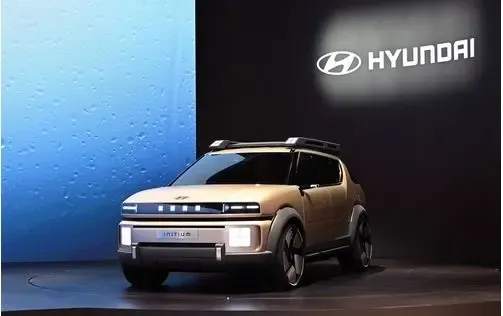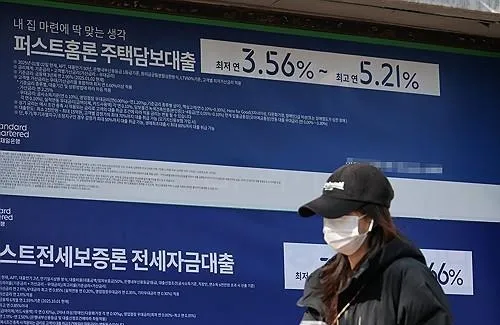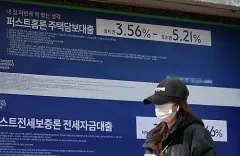Hyundai Motor Sounds Alarm Over BYD's Market Entry in South Korea

Synopsis
Key Takeaways
- BYD's entry into South Korea poses a competitive challenge for Hyundai.
- Korean consumer perceptions of Chinese brands may shift.
- The EV market is expected to grow steadily this year.
- PHEV sales projected to outpace BEV sales.
- Global automotive sales are forecasted to rise in 2025.
Seoul, Jan 15 (NationPress) Hyundai Motor Group's think tank issued a strong warning on Wednesday against underestimating BYD, the largest electric vehicle (EV) producer in China, as it gears up to enter the passenger car market in South Korea.
Yang Jin-soo, who leads the mobility industry research division at the Hyundai Motor Group Business Research Center, stated during a seminar with automotive industry journalists that "there is a clear need for vigilance given BYD's competitive strengths."
Recently, BYD has set up a sales subsidiary in South Korea and intends to launch passenger vehicles within the first quarter, according to reports from Yonhap news agency.
Yang pointed out that even though Korean consumers may currently hold a negative view of Chinese brands, this perception could change based on how BYD interacts with local customers.
"To assume that consumers will categorically reject BYD would be a miscalculation. We cannot afford to take them lightly," Yang cautioned.
Yang projected a steady expansion of the EV market this year, indicating that the plug-in hybrid electric vehicle (PHEV) sector is likely to surpass the performance of the battery electric vehicle (BEV) category.
While BEV sales are anticipated to rise by 18.9 percent year-on-year, PHEV sales are forecasted to increase by 23.8 percent, compensating for the slower growth in the BEV sector.
This trend is expected to be especially notable in China, the largest EV market. Sales of BEVs in China are projected to grow by 13.1 percent year-on-year, reaching 6.97 million units, while PHEV sales are expected to climb by 25.1 percent to 6.4 million units.
In the United States, BEV sales are predicted to rise by 18.3 percent to 1.94 million units, although challenges such as decreasing profitability and new policies under the forthcoming second Donald Trump administration could influence the market.
Yang anticipates that the global EV market, encompassing both BEVs and PHEVs, will expand from 17.2 million units in 2024 to 20.7 million units in 2025, while predicting overall global automotive sales, covering all fuel types, will grow by 1.9 percent to 85.9 million units in 2025.
"Cuts in interest rates across major markets are likely to enhance purchasing conditions, particularly in the latter half of the year," he added.









